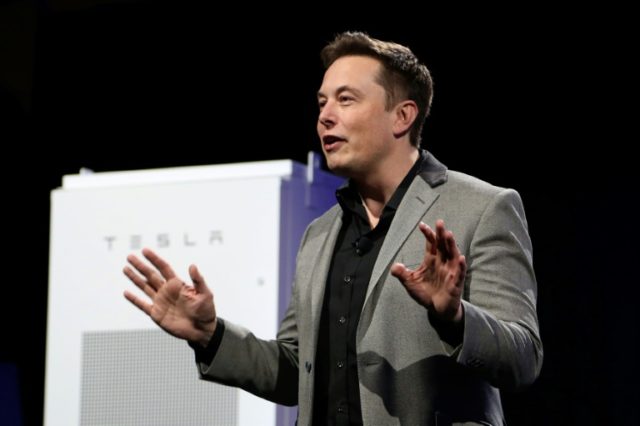The California Legislature passed a bill before adjourning this week that requires Tesla to start paying workers “fair and responsible” wages to be eligible for up to $520 million of low emissions vehicle-credits.
California’s Democrat-controlled Legislature claims to be fighting global warming by spending about $1.5 billion to sponsor a slew of highly politicized commercial transportation activities. The state legislature’s AB-135, passed on Sept. 16, provides about $520 million of direct commercial subsidy transfers for electric vehicles.
But despite Tesla being the largest crony capitalist beneficiary of this progressive transfer of taxpayer dollars, Tesla has avoided attempts at unionization by the United Auto Workers (UAW). The inability to organize Tesla has been a major frustration for the UAW, which has seen membership plunge by about 75 percent, from over 1.5 million in 1979 to 415,963 in 2016.
The reason Tesla avoided being unionized at any time in its 14-year existence is that it pays its production associates cash compensation of $18.55 an hour, or about 17 percent more than the $15.84 an hour that a new GM, Ford or Chrysler production worker is paid. Although UAW claims its average auto worker wage is $28 an hour, that is only for the upper tier of grandfathered workers with over 20 years of seniority. New hires make less.
The UAW website claims that the biggest selling point for joining the union, and paying about a $0.25 an hour in union dues, is: “NO UNION = NO RIGHTS.” Although straight cash compensation is less than at non-union Tesla, the UAW contracts supposedly offer about $20 an hour in benefits and profit-sharing. UAW trumpets that its members are promoted based on seniority, and have recourse if their employer disciplines or fires them.
But Tesla employees have not been responsive to the UAW’s organizing efforts, because their employer has never made a profit, and may never make anywhere near GM’s $9.4 billion profit in 2016, which gave union employees profit-sharing of $9,000 each, or about $4.33 an hour.
The UAW over the last two years has tried every strategy in its playbook to organize Tesla workers, including filing a complaint in late October on behalf of between 400 and 700 of Tesla’s 10,000 California workers who were allegedly fired for poor performance.
The union is supporting claims that Tesla violated the WARN Act, which under California law requires that the company give 60 days’ notice before firing 50 or more workers in a 30-day period. Tesla contends that law does not apply to performance terminations.
Sacramento Democrats’ decision to include labor requirements in its transportation bill is widely viewed as retribution against Tesla for opposing the UAW’s organizing efforts.
The law states that the California Air Resources Board “shall work with the Labor and Workforce Development Agency to develop procedures for certifying manufacturers of vehicles included in the Clean Vehicle Rebate Project as being fair and responsible in the treatment of their workers” by July 1, 2018. The California Labor Secretary must also “certify manufacturers as fair and responsible in the treatment of their workers,” before Tesla can be included in any state-funded rebate program.
CARB regulators and Labor and Workforce Development staff have not yet released any drafts of proposed guidelines for determining “fair and responsible” treatment of workers.
The language in AB 135 could be a big problem for electric vehicle imports. China’s average factory worker wage in 2016 was just about $3.60 an hour, according to market research firm Euromonitor. Although that was up 64 percent in 5 years, China labor costs are only one =-fifth of what Tesla pays its production workers.

COMMENTS
Please let us know if you're having issues with commenting.